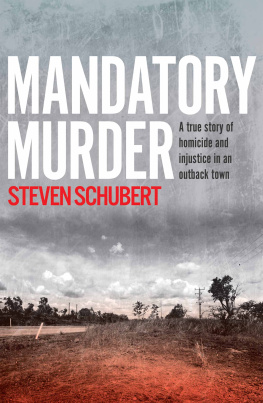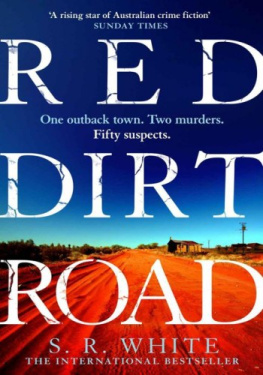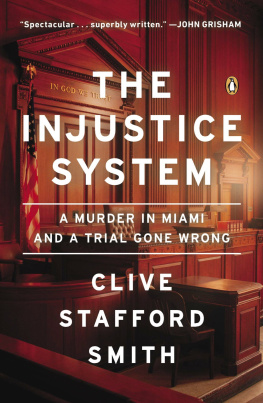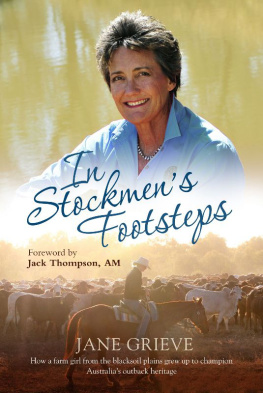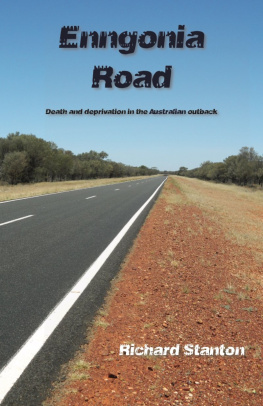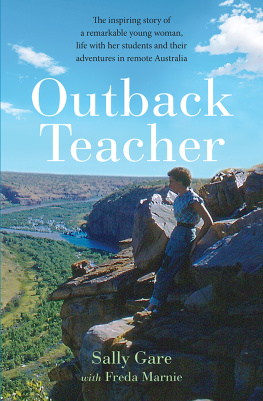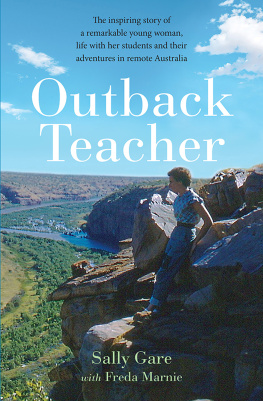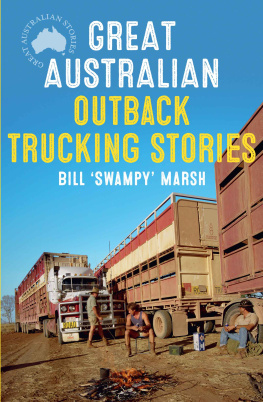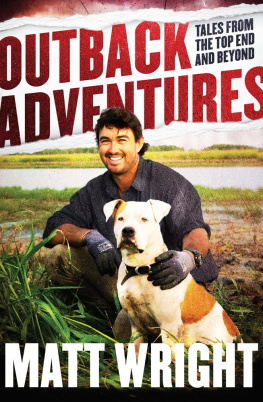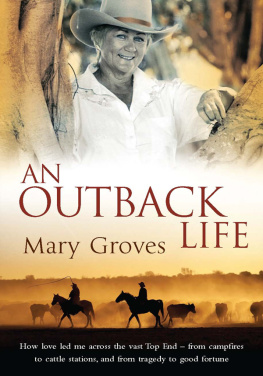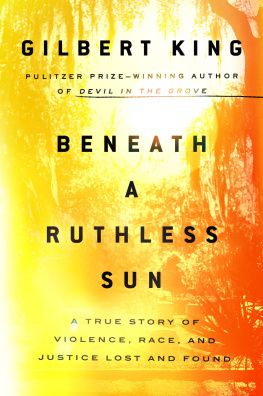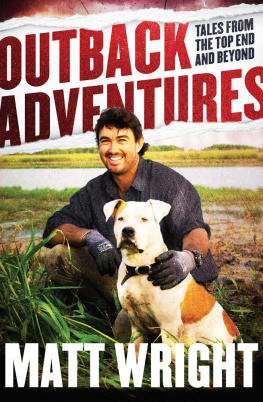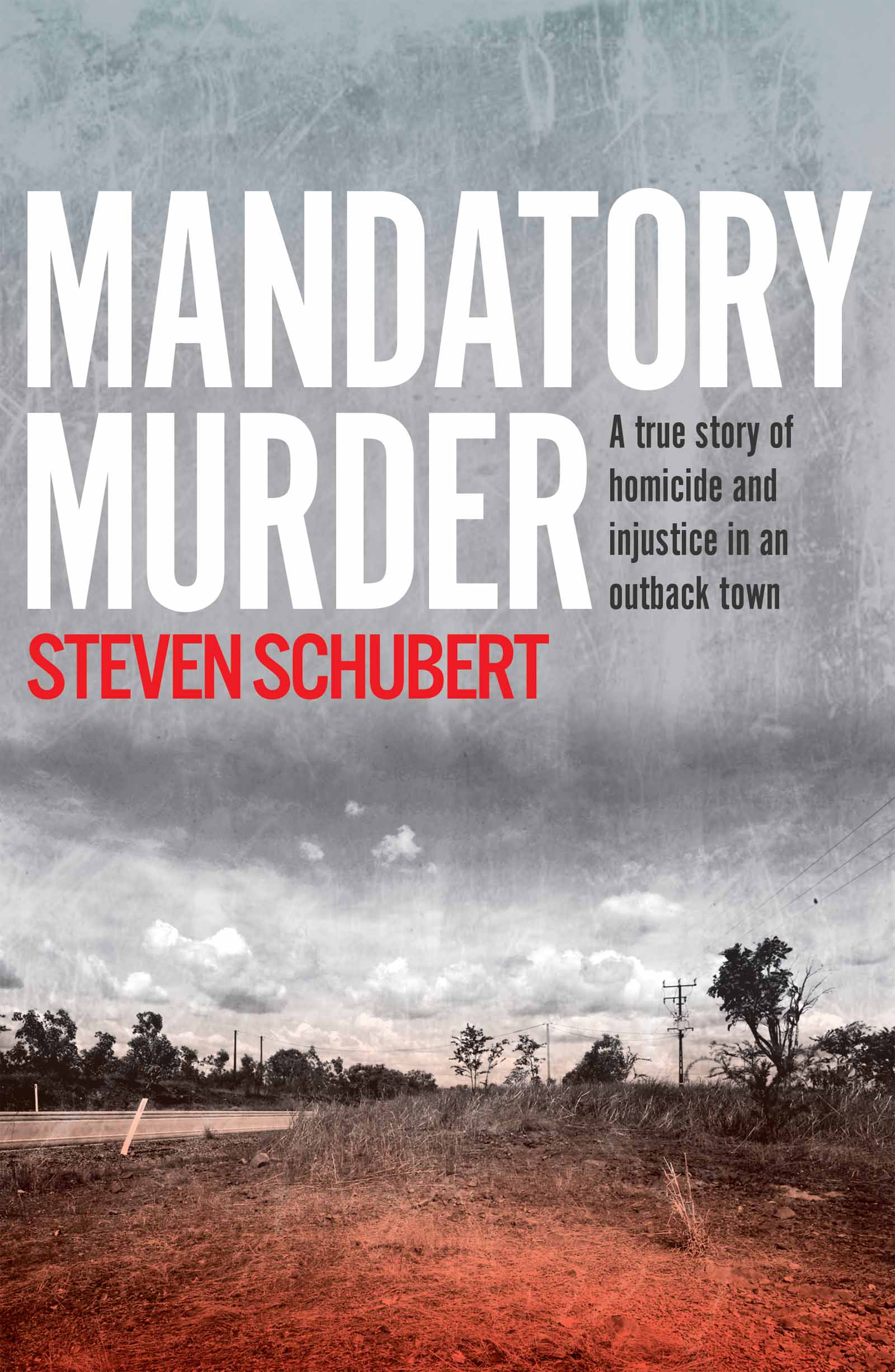Contents
Guide
STEVEN SCHUBERT is an award-winning journalist based in Alice Springs. He has spent most of his career as a reporter working in remote northern Australia, including in Mount Isa and Katherine. Steven won the NT Journalist of the Year Award in 2018 for his reporting on the case of Zak Grieve and a series of features looking at police investigations into Indigenous murders in the Northern Territory. Mandatory Murder is his first book.
To Glenice
Contents
BY ANY ACCOUNT, ZAK GRIEVE was an unlikely accomplice for a murder. He spent most of his time smoking weed and playing video games, and hed never been in a fight. He was close to his mother and gentle with his many male and female friends.
But there he was, in the dock of a courtroom in Darwin, waiting for a jury to decide if he was guilty. On the witness stand hed consistently said that he pulled out of the plot before the crime took place. But he had a legal problem. The prosecutor hadnt accepted any of Zaks evidence that he wasnt there for the murder.
The law says that a person who aids and abets a killing in other words, provides assistance in the killing is guilty of murder, the prosecutor told the jury on the first day of the trial. Such persons are just as guilty of murder as the person who physically causes the unlawful death.
Zak was never supposed to be born, his mother Glenice told me later.
Before him shed had two children, but then had several miscarriages. When she became pregnant again, I decided to go home and just put my feet up and just say to whoever, the universe, whatever, God, youre not taking him, hes staying. So I stayed in bed. And hes still here.
Twenty-one years later, in January 2013, Glenice was once again praying to God, the universe, whatever was listening, that her son wouldnt be taken from her.
An Indigenous woman who grew up on Newcastle Waters Station, a remote cattle property seven hundred kilometres south of Darwin that was once the jewel of Kerry Packers cattle empire, Glenice is distantly related to the late Vincent Lingiari, a Gurindji leader. In 1966, he became the face of Indigenous land rights activism when he led the walk-off from Wave Hill Station, just a few hundred kilometres to the west of Newcastle Waters.
For most of her life Glenice had lived in Northern Territory towns, and shed worked hard to establish a small retail business. Her world view was a mix of new-age mysticism and traditional Indigenous beliefs.
Zaks father, Wal, is a tough-looking white man, well built, with a shaved head and a goatee. When Zak was born, the family were living in Tennant Creek while Wal worked at a nearby manganese mine. He was still working there but had taken a few weeks off to be in court as his son was tried for murder.
Zak has told me hes proud of his Indigenous heritage. Hes never been through initiation, the process where a boy becomes a man, but can speak some language. He has described himself as a naive kid who was a bit wet behind the ears. When he was a teenager, his family moved up the highway to Katherine, three hours drive south of Darwin. Zak went to high school until he was sixteen, then left to work full-time at his parents sunglasses shop.
During the trial, Zaks friends described him as happy-go-lucky and a good bloke. His small business as a marijuana dealer also boosted his popularity.
The first time I met Zak, I was with Glenice and his sister Teaua. As we walked in, he hugged his mother and sister, and I offered an awkward handshake. I sat there uncomfortably while the family shared some time together. The intimacy between Zak and his mother was noticeable; he called her beautiful, and they held hands as they talked.
At the end of our meeting, I again stuck out my hand. He asked me how Id feel about a hug, and before I could really reply I was being embraced by a sweaty, stocky, shaved-headed man. After we walked out, Glenice asked me what I thought of him, and I told her I was surprised by the hug. Hes very affectionate, she said with a laugh. But hes no pussy.

The jury came back into the courtroom. Zak Grieve made eye contact with a female juror as the twelve of them walked in, and she burst into tears. The foreman read out the verdicts of Zaks co-accused. Then the judges associate asked if the jury had reached a unanimous verdict for Zak Grieve on the charge of murder. The foreman replied they had.
THE BODY LOOKED LIKE a swag or a bundle of sheets to the grader driver who found it. This was an understandable assumption: the cleared area of bush off the road where hed parked his machine was often used by tourists looking for a free spot to camp near Katherine Gorge. But it was getting a little late in the year and too hot and humid for campers.
As Darryl Hill approached, he saw flies buzzing around the sheets. He thought perhaps someone had shot a feral pig and left it there. But when he lifted up the corner of a sheet he saw a human foot protruding. He grabbed his phone and tried to find enough reception to call triple zero.
Hill: Im out on the Gorge Road Ive just found a human body.
Police operator: Oh okay
Hill: Yeah.
Police operator: And how long does that appear to have been deceased for, can you tell, like, is it just bones or
Hill: Its, ah, its, about probably twenty-four hours by the look of the (inaudible), and the swelling I dont know, I just
Police operator: Sorry, its a really, really bad line, I can hardly hear you
The operator eventually overcame the patchy mobile service to work out Hill was about fifteen kilometres east of Katherine. The road he mentioned goes to Katherine Gorge, also known as Nitmiluk National Park. Its a beautiful, windy sandstone gorge that runs for kilometres and is the regions premier tourist attraction. Hundreds of thousands of people visit every year to take a boat along the natural wonder or hike far above the river to one of the beautiful swimming holes supposedly safe from saltwater crocodiles.
Gorge Road was a terrible place to hide a body.
Police operator: Okay all right and it appears to be and you can pretty much tell that its a definitely a human body?
Hill: Ah yes, its a human male, European male.
Darryl Hills call came in at 10.15 am on 25 October 2011, in the middle of the season known as the build-up, where temperatures in Katherine can nudge forty degrees and its so humid that salt left on the table turns to brine. Sheets, leather, clothes, walls and ceilings go mouldy. Often storm clouds build up, promising sweet relief from the heat, before dissipating without offering a drop. Mango madness, some call it. During the build-up, theres a rise in assaults and domestic violence most years.
First to the scene were general duties police officers and a paramedic. Then a sergeant from Katherine arrived to confirm it was indeed a dead man in the bundle of bedding. The sergeant sent the paramedic away and ran the gruesome discovery up his chain of command. Soon detectives from the Major Crime Unit in Darwin were on their way.
Detective Sergeant Sally Ellis arrived at the crime scene after midday. Pulling back the sheet she saw the corpse hadnt fared well in the twenty-four hours or so since it had been dumped. During that time the temperature had hit 38.1 degrees Celsius, and decomposition had set in. Blowflies were swarming.
Now clouds were on the horizon. They offered some hope of rain relief from the heat, but also the possible destruction of forensic evidence. It started spitting. The police quickly erected a tent over the body.

